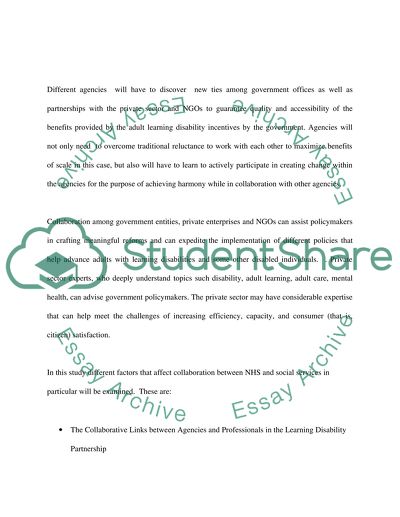Cite this document
(“Adult Learning Disability Essay Example | Topics and Well Written Essays - 3750 words”, n.d.)
Retrieved from https://studentshare.org/sociology/1508094-adult-learning-disability
Retrieved from https://studentshare.org/sociology/1508094-adult-learning-disability
(Adult Learning Disability Essay Example | Topics and Well Written Essays - 3750 Words)
https://studentshare.org/sociology/1508094-adult-learning-disability.
https://studentshare.org/sociology/1508094-adult-learning-disability.
“Adult Learning Disability Essay Example | Topics and Well Written Essays - 3750 Words”, n.d. https://studentshare.org/sociology/1508094-adult-learning-disability.


